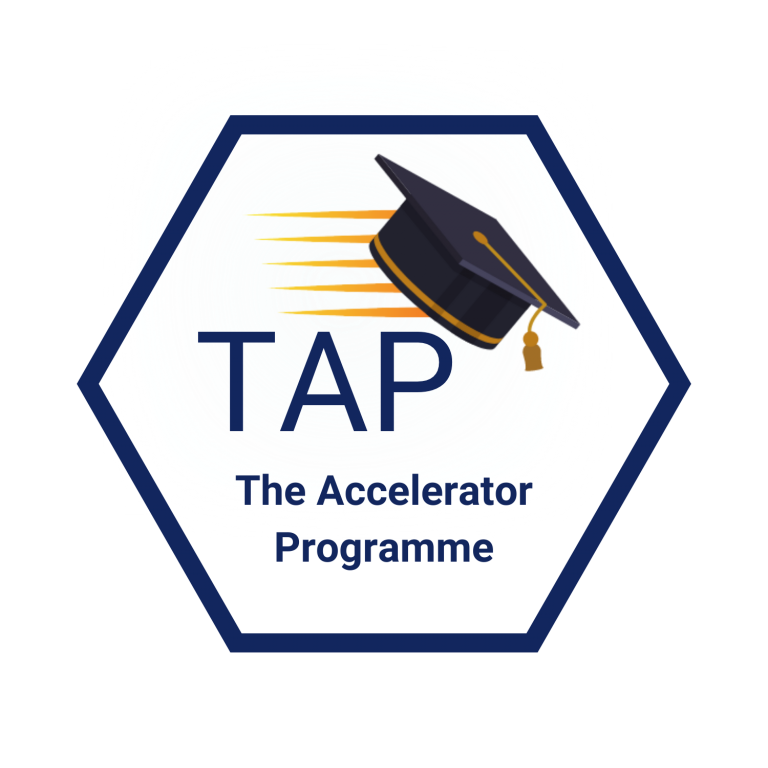
PURPOSE
This facilitator training train the trainer unit standard will provide recognition for those who facilitate or intend to facilitate learning using a variety of given methodologies. Formal recognition will enhance their employability and also provide a means to identify competent learning facilitators.
COURSE CONTENT
Unit 1: Plan and prepare for facilitation
- Analysis of learners and learning needs reveals the key elements of learning required to achieve defined outcomes. The learning outcomes are confirmed to meet stakeholder objectives.
- Plans cater for the needs of learners and stakeholders, possible learning barriers, previous learning experiences, literacy and numeracy levels, language, culture, special needs and different learning styles.
- Learning material is prepared to suit the purpose of the facilitated activities and the agreed outcomes.
- Facilitation methods selected are appropriate to the learners and agreed to learning outcomes. Descriptions are provided of a variety of facilitation methodologies in terms of their essential approach and purpose, and selected methodologies are justified in terms of applicability to the identified learning needs.
- Preparation of the facilitation process ensures the facilitator is ready to implement the process. This includes the availability of key questions, scenarios, triggers, challenges, problems, tasks and activities as is appropriate to the situation.
- The learning environment is arranged to meet organisational and legislative requirements for safety and accessibility.
- The review criteria are established and documented in accordance with the organisation’s policies and procedures.
Unit 2: Facilitate learning
- Learning is facilitated in a coherent manner using appropriate methodologies in line with established principles associated with selected methodologies.
- The learning environment and facilitation approach promotes open interaction and ensure learners are aware of expected learning outcomes and are active participants in their own learning.
- The facilitation approach and use of facilitated activities enable learners to draw from and share their own experiences and work out and apply concepts for themselves.
- Learning material is prepared to suit the purpose of the facilitated activities and the agreed outcomes.
- Facilitation methods selected are appropriate to the learners and agreed learning outcomes. Descriptions are provided of a variety of facilitation methodologies in terms of their essential approach and purpose, and selected methodologies are justified in terms of applicability to the identified learning needs.
- Questioning techniques are consistent with the facilitation approach, promote learner involvement and contribute towards the achievement of learning outcomes.
- Opportunities are created to monitor learner’s progress in terms of the agreed outcomes, and where possible facilitate the gathering of evidence for assessment purposes. Where necessary, modifications are made to the facilitation approach to ensure the learners’ needs are addressed.
Unit 3: Evaluate learning and facilitation.
- Learner and stakeholder feedback on facilitated learning is sought and critically analysed against review criteria.
- The review reveals strengths and weaknesses of the planning, preparation and facilitation of learning.
- Review includes useful recommendations for improvement in future interventions, including the possibility of remedial action
DELIVERY
Duration: 1 Day
Delivery: Classroom/Online
ACCREDITATION
Facilitator Training
- SAQA ID: 117871
- NQF Level: 5
- Credits: 10
- Certificate Validity: 2 Yea










